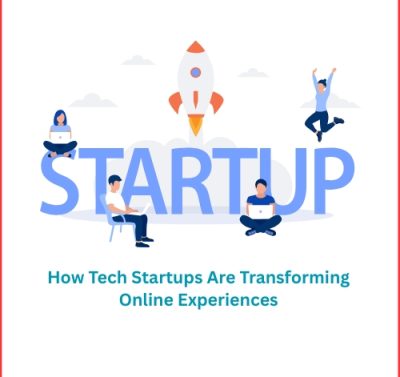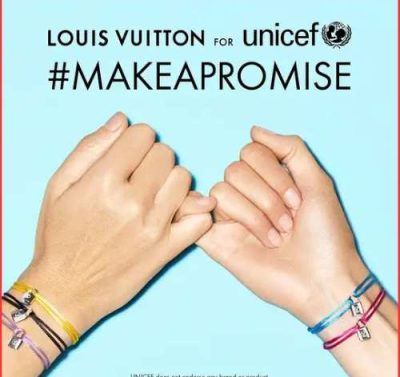In reaction to new EU tech regulations, Alphabet’s Google, Meta Platforms, Qualcomm, and seven other major companies joined forces on Wednesday to promote open digital ecosystems. This move may also blunt the edge of potential future laws.
The group, which goes by the name Coalition for Open Digital Ecosystems (CODE), declared that it aims to encourage more open platforms and systems in order to stimulate innovation and growth in Europe.
In order to promote digital openness, the group claimed it will collaborate with scholars, legislators, and businesses “through the implementation of the Digital Markets Act (DMA) and in future EU regulatory framework developments” in Europe.
According to the DMA, gatekeepers—tech behemoths that manage user access to their platforms—must permit third parties to integrate with their services and for their business users to advertise their offerings and enter into agreements with clients outside of the gatekeeper’s platform.
In recent months, we have discussed several times what constitutes ‘good’ for digital ecosystems in Europe, what stimulates innovation, and what would increase competitiveness. We believe that transparency is the most important component,” Lynx founder Stan Larroque said in a statement.
The partnership also includes the Norwegian tech business Opera, the French augmented reality start-up Lynx, the Chinese smart device maker Honor, the Chinese telecom equipment manufacturer Motorola (MSI.N), the UK electronics manufacturer Nothing, and the German messaging services provider Wire.
According to the Coalition, among other things, it seeks to facilitate seamless communication and interoperable technologies while also opening up digital ecosystems through cross-industry collaboration.
With the launch of an early access test, Meta has now allowed users to test its most innovative AI features for the Meta Ray-Ban smart glasses. With the announcement, Meta will begin to roll out its multimodal AI features, which will notify you about what Meta’s AI assistant can see and hear using the glasses’ cameras and microphones.
In an Instagram video, Mark Zuckerberg showcased the change by asking the glasses to choose pants that go with a shirt he was holding.
Users of the Ray-Ban Meta smart glasses who are enrolled in an early access program and reside in the United States can presently use these functionalities, according to Meta. In addition to the above listed capabilities, Meta AI will be able to use Bing to get current information from the internet by posing queries such as “Hey Meta, is there a pharmacy nearby?”
Users can easily view all of their queries in one location by storing all AI responses and photos together in the Meta View app, which facilitates the smart glasses’ smartphone pairing.















